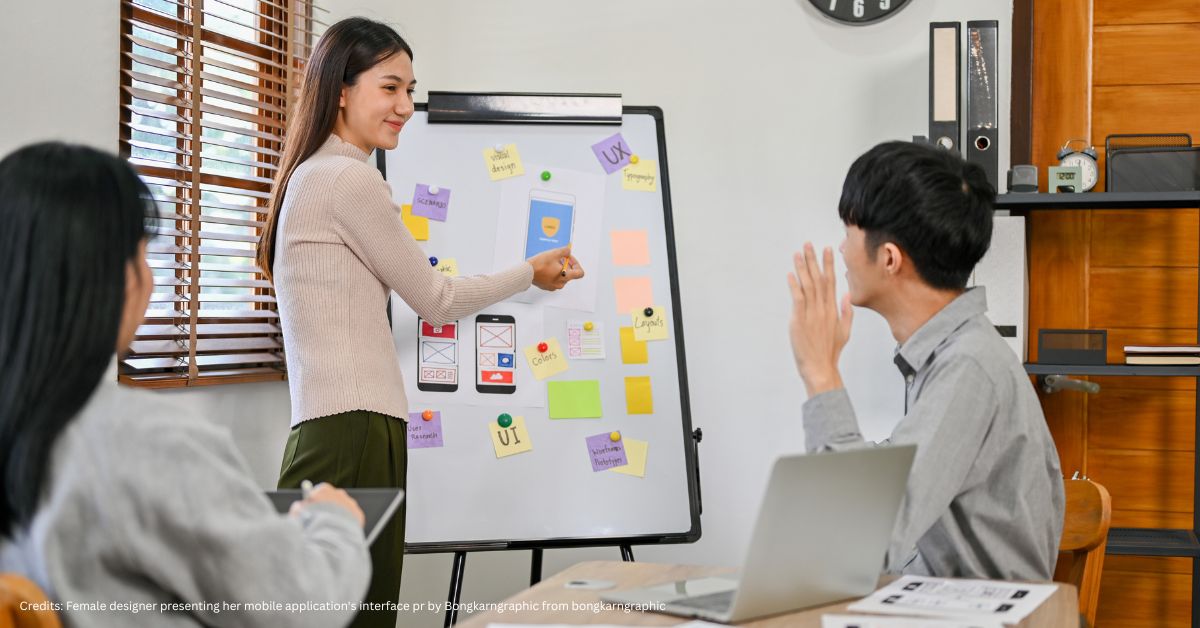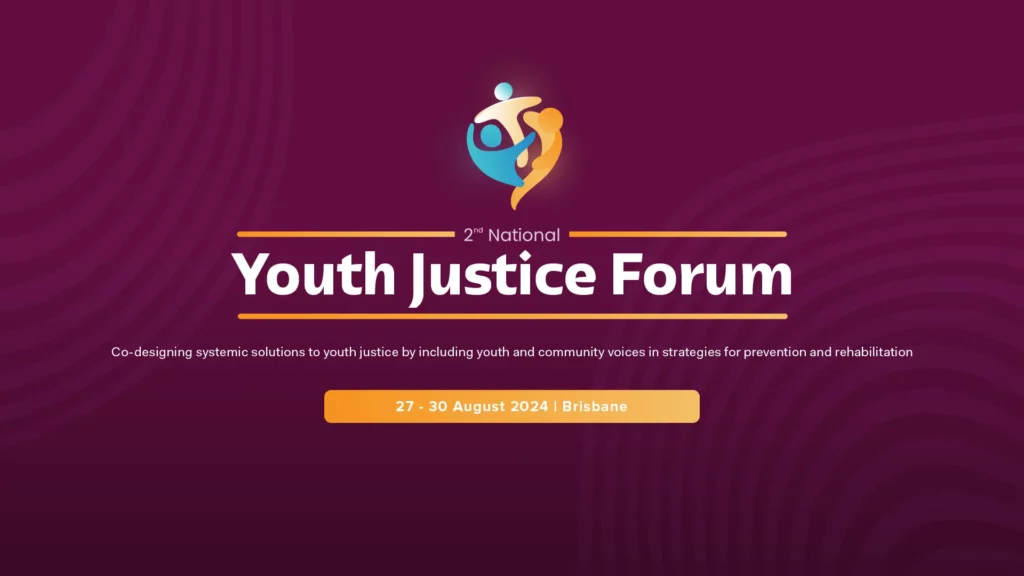It has struck me in my years as a business person in many different capacities, that often simple ideas are the most powerful. For the ISIS Group, which I founded 16 years ago, the idea of building a bridge between the worlds of business and not-for-profits (NFPs) has reaped enormous benefits for two of the most disadvantaged districts on the planet.
The genesis of ISIS was the simple but radical idea that the engine room of commerce could power international development work in Uganda and Nepal. That was 16 years ago, when no one had heard of a ‘business for purpose’ much less a corporate finance business dedicated to people in poverty.
ISIS was born after many long debates about the arbitrary distribution of wealth and security. The group’s underpinning philosophy is that lasting social change can happen when business and NFPs work together in true partnership.
Donor confidence through a unique funding model
The ISIS Group is a foundation and a private business. In a unique funding model, all The ISIS Foundation’s overhead costs are paid for by ISIS (Asia Pacific), a business set up for this sole purpose. ISIS (Asia Pacific) is an Australian corporate finance business which advises companies on large international transactions and raises money for global fund managers. Since inception, ISIS (Asia Pacific) has generated more than $7 million for the foundation.
The model allows business people to do what they are good at – making money – and development people to do what they do best – providing best practice service delivery to communities in need.
Due to the fact that the business funds the foundation’s overheads, donors know that every cent of their money goes where it is needed most – services on the ground in remote areas of Nepal and Uganda. This means never having to argue with donors about overhead costs, something many donors are averse to funding. Just as importantly, because the financial liability of the foundation is underpinned by the business, ISIS projects are able to be community led, not donor driven. We have never gone into a village or region thinking we know the answers. Instead, we work with local people to find local solutions.
Addressing complex issues with a simple approach
It is now accepted wisdom that the corporate world benefits enormously when it helps people in great need. Research shows that when businesses have a genuine commitment to community and social responsibility, profitability rises, driven by consumer approval and high staff retention.
It’s a simple idea that has delivered powerful results. Each year, The ISIS Foundation works with local communities to improve health, education and infrastructure for more than 30,000 people. After 16 years, we are specialists in working with displaced children, maternal infant child health, remote education, and community health and infrastructure.
When the ISIS Group started in 1998, the dream was to address three major challenges faced by many NFPs. Firstly, the conventional funding model means NFPs are often desperate to please their donors to secure continued funding. This skews the in-country work; projects favoured by financial backers are prioritised over projects that are most needed by local people, and development experts are forced to focus on meeting donor needs rather than on their work with community.
Secondly, being beholden to donors can stifle research and cloak mistakes. Research is expensive but essential for identifying community needs and monitoring projects. While comprehensive research can and should reveal mistakes, this can also potentially threaten donor support and add to financial risk.
Finally, NFPs are routinely and often unfairly criticised for spending too much on overheads, leading to financial restrictions that can compromise the work. Great support matters. No one can deliver quality services on the smell of an oily rag!
Through years of mistakes, learnings and evolving our thinking, we have seen that our simple model can make a powerful difference to the lives of many.
Greater impact through collaboration
I will never forget standing in a remote Rwandan village, and talking to a brilliant community worker who told me the story of a group of Australian donors that sent staff to Africa every year to build houses. When they left, the houses were quietly pulled down because the visitors had no idea how to construct houses for local conditions. The Rwandan gentleman told me he could not be honest with the donor because staff visits were tied to the next funding round.
This is the old way of engagement between business and NFPs, and a stark example of the way some well-meaning people get it wrong – they want to show the compassionate face of their business but, instead, they waste the precious time of NFPs to satisfy their own desires, and the NFP community is afraid to address the issue for fear of losing the donor.
I hope that in a small way, ISIS is an example that there are other ways of bridging the gap between business and NFPs that work in everyone’s best interests. When business and NFPs partner with total honesty and respect for each other’s expertise, together we can have the greatest impact.
Mutual benefits in business-NFP partnerships
ISIS has partnered with a plethora of businesses and individuals – reinsurance companies, accounting firms, universities, hospitals, development experts, corporate finance specialists, Bermudians, Ugandans, Nepalis, Americans and Australians.
One of the ISIS Group’s major partners is PricewaterhouseCoopers (PwC) Australia. For the past seven years, PwC has provided The ISIS Foundation with a senior accountant for 12 months. During their secondment to ISIS, the PwC ambassador gains versatile accounting experience in both the NFP and business sectors. They also travel to ISIS programs in Nepal or Uganda, to support and strengthen the local finance function. The relationship with PwC provides a meaningful experience for both ISIS and the employee. ISIS meets PwC’s need for leadership training, staff motivation and corporate social responsibility, and PwC supports ISIS’ accountancy needs.
The ISIS Group also partners with Aspen, a global insurance and reinsurance firm. Together, we have developed a staff engagement program to support our work in Uganda. For eight years, our partnership has built morale and reinforced the corporate culture. The program involves team-building events, inspirational speakers and an ISIS-Aspen intranet. Each year, a few select Aspen employees visit the ISIS projects to understand how their support is used. Aspen staff from around the world have cited Aspen’s connection to community through ISIS as their greatest source of corporate pride. Aspen is now a multi-million-dollar donor, yet 90 per cent of the connection to ISIS is away from ISIS project sites.
We also have had the great fortune of building clinical partnerships with ten American hospitals which support our partner Kiwoko Hospital in Uganda by donating medical supplies and equipment which are unavailable locally. These clinical partners also work with us on an international medical volunteer program for the hospital to provide expert training requested by Kiwoko Hospital staff.
All these partnerships are focused on business and community objectives. We work hard to ensure the communities we work with in Nepal and Uganda always come first.
Uniting for change
Since ISIS started, we have witnessed a revolution in thinking about business and its role in society. ISIS is just one of many models seeking to bridge the inequality gap. There are many more to come!
Business and NFP partnerships are far greater than the sum of their parts when united by integrity and honesty. Most importantly, they have a huge impact when driven by what works best for the ultimate beneficiaries – in ISIS’ case, the people in the districts of Nepal and Uganda where the foundation works hand-in-hand with communities and organisations to make a real difference.
Working together requires mutual learning and respect, and the will to craft something that benefits everyone. When we do that, the whole world wins.













































































































































